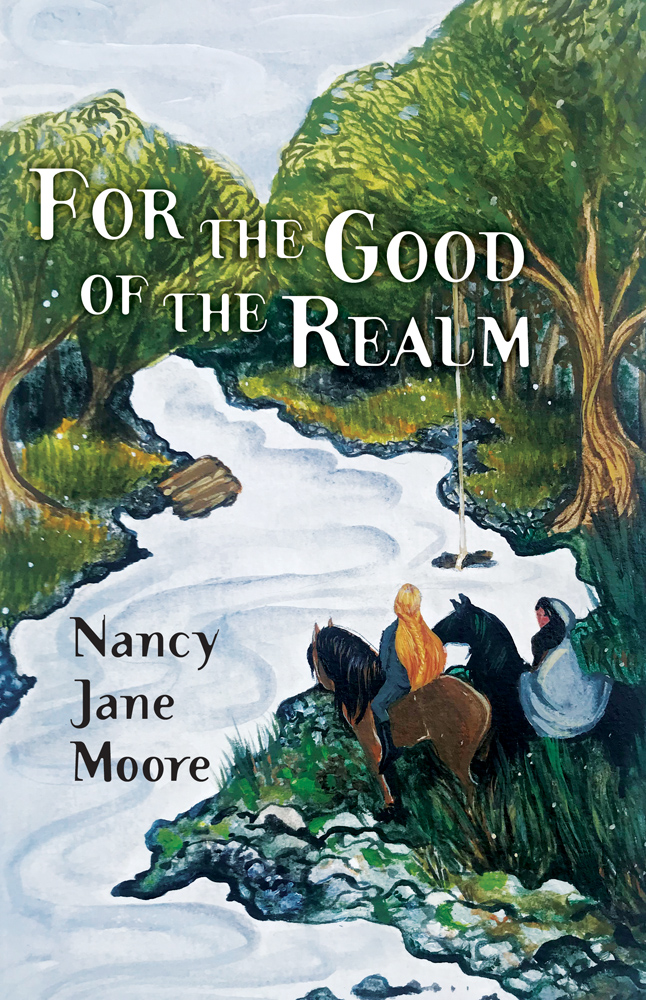I’m a bit late with my post this week because I’ve been finishing up things. One of the things I was finishing up was a month’s worth of wonderful guests on my personal blog.
I was one of the group of women who set up a Women’s History Month in Australia. I moved on and others took over. Those years were special to me and most years I do a celebration all March of women’s history. I ask writers and historians to be my guests, set a theme and sometimes they stick to the theme and sometimes they don’t and every year brings much joy. This year was no exception.
This year it struck me that we were all making quite big history, even those of us confined to our homes and unable to explore the greater world. The small things in life are the history. That’s what I asked of my writer-friends – the small things in their lives. I wanted us all to have some insight into how all our lives are valuable in this pandemic time. My only regret is that I had to limit the number of writers I asked, due to my own physical restrictions. In my perfect celebration of women’s history, I would have been able to include triple the number of posts and to explore more writers’ understanding of what makes the small things in life special. Sometimes it’s research they’ve done, sometimes it’s someone’s everyday – I let writers make their own choices (as I often do) and the outcome is posts so varied and interesting that there should be something for every reader. You can find the posts here: https://gillianpolack.com/blog/
I wish we lived in less interesting times. At least, because we live now, we can understand how our apparently ordinary lives are part of something very big. In fact, they’re part of many very big things. We’re not alone and we’re not unimportant.

 I meet weekly via Zoom to discuss ideas with a group of friends who have many years in Aikido among them. A couple of weeks ago, one them (a philosopher as well as an Aikido sensei) was taken aback when she came across a comment that our U.S. founding fathers did not come here for freedom and were not interested in life, liberty, and the pursuit of happiness.
I meet weekly via Zoom to discuss ideas with a group of friends who have many years in Aikido among them. A couple of weeks ago, one them (a philosopher as well as an Aikido sensei) was taken aback when she came across a comment that our U.S. founding fathers did not come here for freedom and were not interested in life, liberty, and the pursuit of happiness.

 I didn’t start out thinking I would discount the entire Chaos Chronicles series in audiobook format. But when Chirp Books approved a special promotion on
I didn’t start out thinking I would discount the entire Chaos Chronicles series in audiobook format. But when Chirp Books approved a special promotion on  Cities are palimpsests. Growing up in New York, I saw constant evidence of this: tear down a building and there would be a painted advertisement from the early 1900s, or the brick outline of an earlier neighboring building. Restaurants that were a feature of my childhood streets are barely a memory now: gone. In New York the only constant, really, was change.
Cities are palimpsests. Growing up in New York, I saw constant evidence of this: tear down a building and there would be a painted advertisement from the early 1900s, or the brick outline of an earlier neighboring building. Restaurants that were a feature of my childhood streets are barely a memory now: gone. In New York the only constant, really, was change.
 Back in April, 2019, I posted a personal rant,
Back in April, 2019, I posted a personal rant,